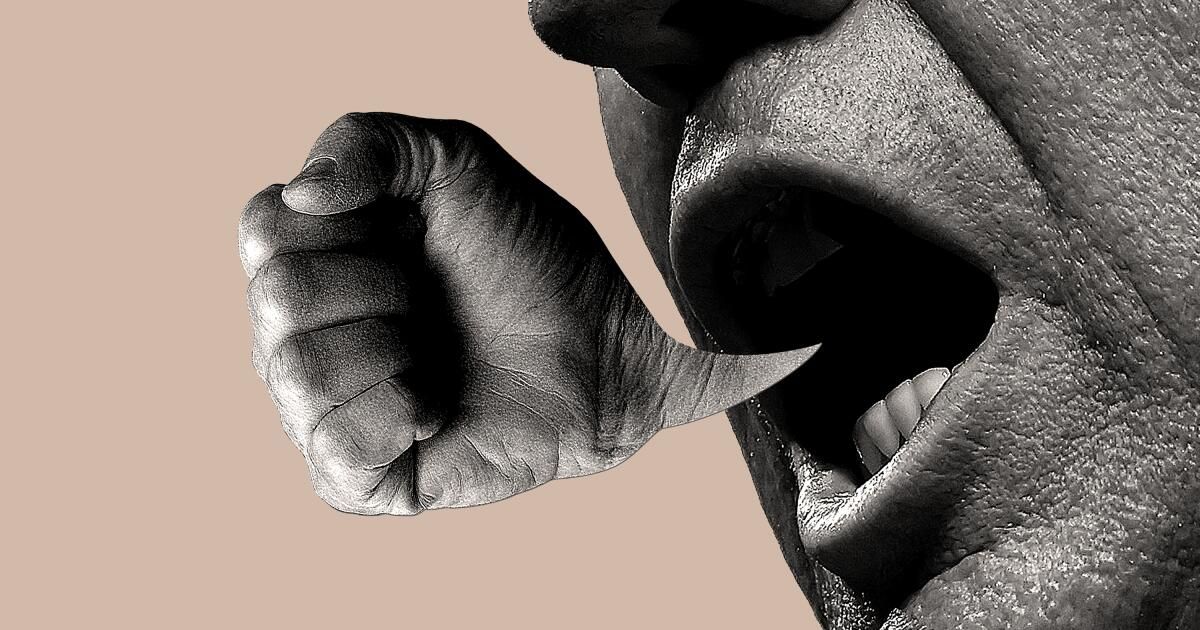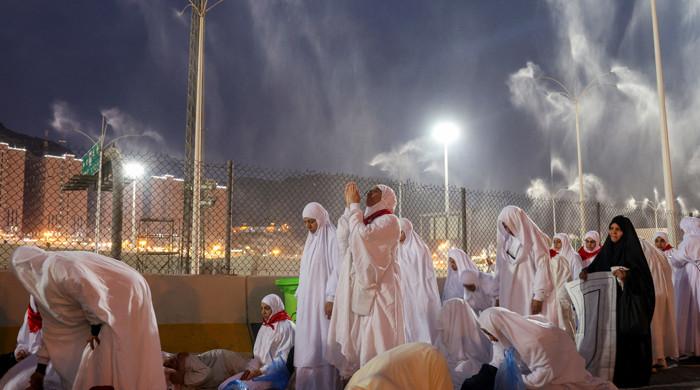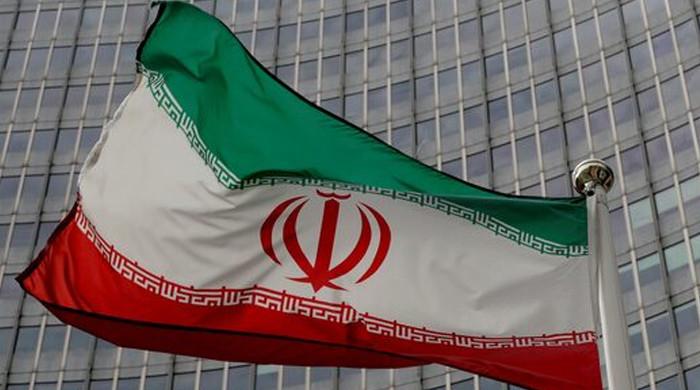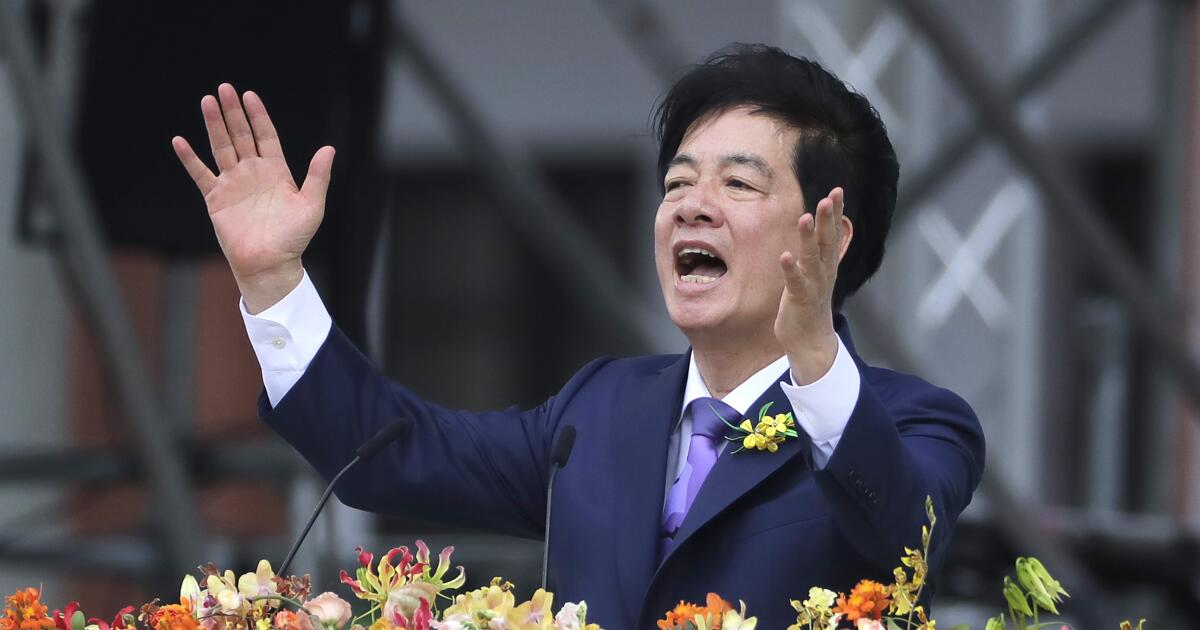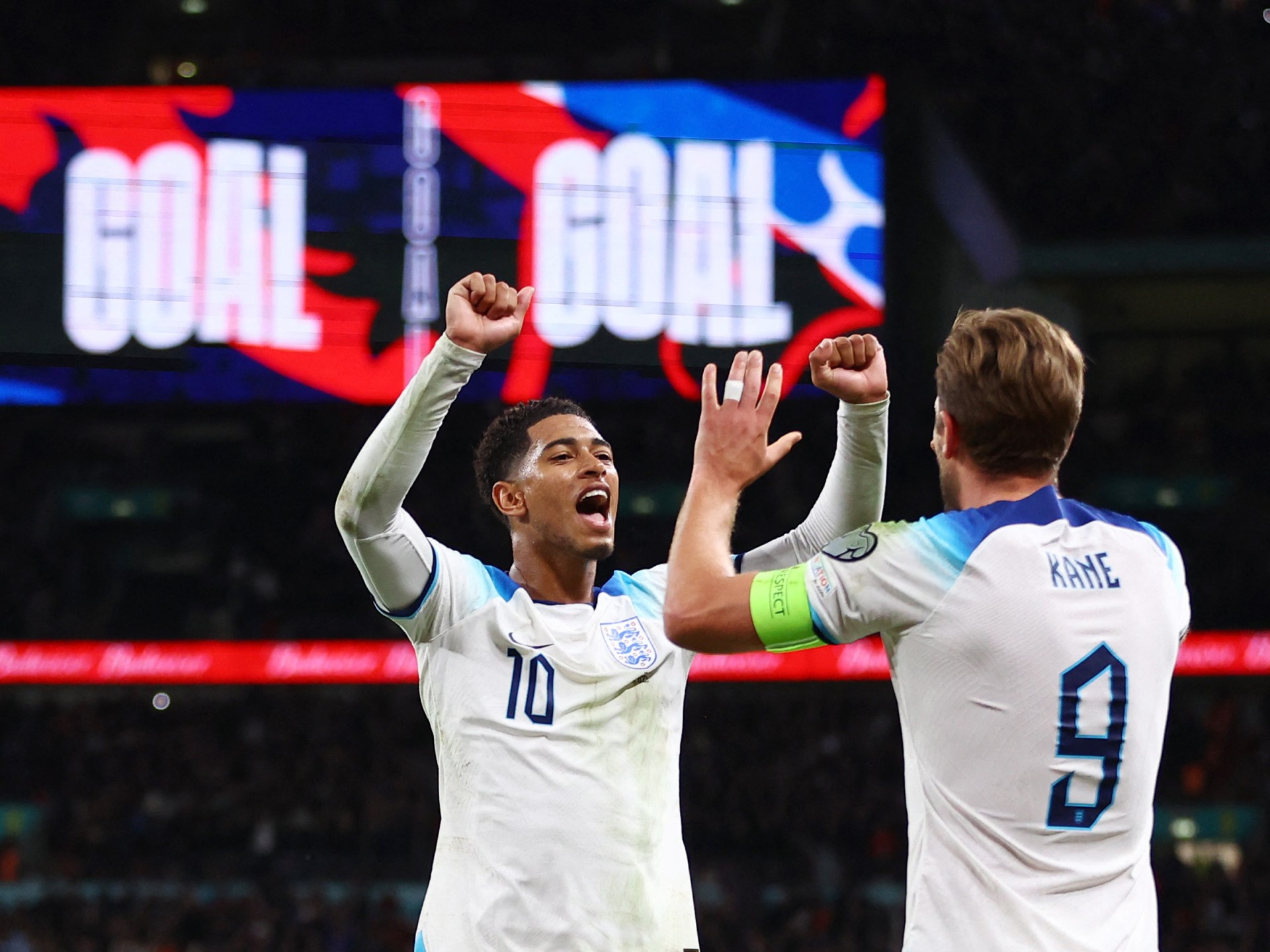When Jennifer Mercieca published a book four years ago titled “Demagogue for President: The Rhetorical Genius of Donald Trump,” some of her friends immediately questioned the title. “Genius?” they asked. “Really?”
Mercieca stood firm in his stance, telling friends that over the many years he studied the former president, Trump's ability to use words and images to promote himself and his agenda stood out time and again as exceptional.
That same skill was the first thing that came to mind for Mercieca on Saturday, he said, when he watched Trump rise from a bloodied rally stage after being shot, pump his fist in the air and utter an instant political slogan: “Fight! Fight! Fight!”
“To me, that was a perfectly Trumpian moment,” Mercieca said. “He knows what the landscape is like. He’s a showbiz demagogue. He’s an authoritarian PT Barnum.”
In the days since the shooting, elected officials, pundits and other political observers have focused intensely on political rhetoric and its power to incite violence.
He is an authoritarian PT Barnum
—Jennifer Mercieca, author, on Donald Trump
President Biden said it’s time to “calm down.” Trump said he’s penning a new message of unity in his planned speech for the Republican National Convention on Thursday. “LET’S UNITE AMERICA!” he posted on Truth Social, a social media platform largely built on the divisiveness of Trump’s past political attacks.
Under such a spotlight, and in the wake of one of the most iconic political moments in modern American history, how will voters and political observers around the world listen to Trump? If he calls for unity, should they take him seriously?
Neither the Trump campaign nor the Republican National Committee, which is working closely with the campaign, responded to a request for comment on Trump's plans.
But Mercieca and other experts who have studied Trump, his image and the way he speaks to his base said they are skeptical that Trump will change his mind now. They said they will be watching for a message of unity on Thursday, but they don't expect it to be his only message, or to last for long.
“When I look back on the nine years he’s been in public life, he’s been very consistent in his approach to communication, and it’s always been a message of projecting power, of using rhetorical strategies that belittle the opposition,” said Mercieca, a political historian and professor of communications at Texas A&M.
“He loves the idea of people coming together, if that means uniting behind Trump,” she said. “But as soon as anyone makes any criticism of him, he’ll go back to his usual aggressive rhetoric.”
Several experts predict that Trump will use the attempt on his life to call for unity, but in the short term. In the long term, they say, he is more likely to use it to reinforce the more divisive political narratives he has long relied on, including the idea that average Americans are under imminent threat from an array of foreign and domestic forces, and that he is the only one who can protect them.
Robert C. Rowland, a professor of rhetoric at the University of Kansas and author of “The Rhetoric of Donald Trump: Nationalist Populism and American Democracy,” said he would be surprised if Trump embraced any real notion of unity, like “how Democrats love America, too.”
Instead, Rowland predicted that Trump will quickly fall back on “the themes he always falls back on: the nationalist theme, the populist theme that elites don’t care about you and look down on you, and then the theme that he’s the strongman and protector of the people.”
Many on the conservative right have promoted the idea — especially since Saturday’s shooting — that Trump is a religious figure, a man sent by God to defend America and restore Christian values to government.
That idea could also become part of Trump’s message, particularly if others around him urge him to incorporate it into his Thursday speech or his stump speech, Rowland said. But “that kind of rhetoric doesn’t come naturally” to Trump, she said, citing the time then-President Trump walked through Lafayette Park in Washington amid street protests and awkwardly held a Bible outside a local church.
Most likely, Rowland said, Trump will use the assassination attempt to escalate the “us versus them” rhetoric.
“Part of his appeal is that he is an outspoken man who will stand up for these groups who feel oppressed by elites,” Rowland said. After Saturday’s shooting, “the toughness of his rhetoric and what he is going to do to protect them has to play a role.” above —It couldn't be more moderate.
Ian Haney López, a Berkeley Law professor, is the author of two books on political rhetoric in the modern era, including “Dog Whistle Politics: How Coded Racial Appeals Have Reinvented Racism and Wrecked the Middle Class.”
Trump's language is designed to promote and answer a single question: Who is threatening you?
— Ian Haney López, professor of law
Haney López said American voters who listen to Trump in the coming days and months will almost certainly hear the same kind of fear- and race-based messaging that he says has defined Trump's political career from the beginning.
“The language Trump is using is designed to promote and answer one question: Who is threatening you?” Haney López said.
“She’s telling a story of constant and immediate threat that comes from other people around her, and it could be immigrants, it could be African Americans, Black Lives Matter, it could be transgender people, it could be people who insist on gender equality,” Haney López said.
“He’s saying look at your neighbors, look around you, look at the people around you, but whatever you do, don’t look up. Don’t look at the billionaire class, don’t look at the big shareholders, don’t look at Wall Street, don’t look at the petrochemical industry.”
Haney Lopez said the assassination attempt on Trump will reinforce the idea already fully embraced by Trump and his campaign that white Americans are “caught in a racial conflict” and that “others” — such as immigrants — “need to be restrained, caged or expelled” to ensure that white Americans come out on top.
Mercieca agreed.
“He constantly tells his audience that they are the real Americans, that they are the good Americans, that they are the only ones who count, that they have been abandoned and humiliated, but that he sees them as the good people that they are and that he will fight for them,” she said. “It’s a fascist policy, frankly. It’s authoritarian.”
These tactics may be politically effective, she said, but they have consequences. She and others warned that such rhetoric encourages the kind of political violence that popular sectors denounce.
Mercieca said the data shows that Trump’s attacks on groups of people have spurred “stochastic terrorism,” or political violence against groups of people who are the targets of hostile political rhetoric.
Brian Levin, founder of the Center for the Study of Hate and Extremism and professor emeritus at Cal State San Bernardino, said the data is everywhere and undeniable.
Levin said hate crimes against Black people increased when Trump used harsh language to condemn Black Lives Matter protesters in 2020. They increased against Asians when Trump used anti-Chinese rhetoric when talking about COVID-19. They increased against Latinos when Trump stoked fears about “caravans” of migrants arriving at the southern border.
Levin said “hate rhetoric” is always high during election years, and that everyone — voters, candidates and Trump especially — would do well to “tone it down.”
Levin said Trump's next move — and his speech Thursday — matter, but how he and others continue to discuss the stakes of the race between now and November will matter more.
“People are much more likely to accept bigoted stereotypes when there is a narrative behind them that is repeated over and over again in a way that is entertaining and comforting,” Levin said. “And you can hear that in Trump’s tone of voice.”

